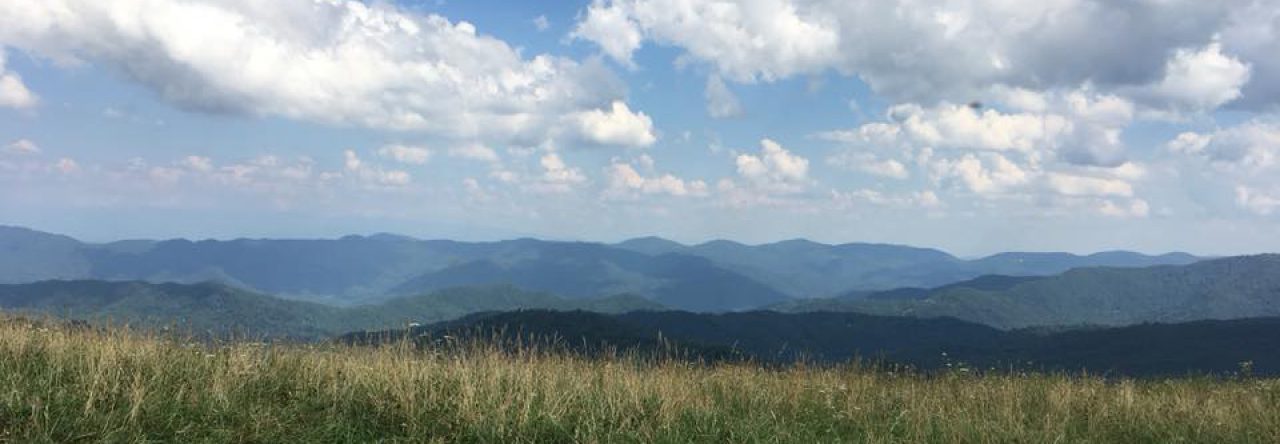When These Mountains Burn may be David Joy’s best novel yet. Fires are burning across the mountains of North Carolina in late 2016, and wildfire smoke casts a heavy pall over even the unburned areas. More figurative fires are burning as well, with an equally heavy pall cast by the opioid epidemic. Those figurative fires will touch Ray, a mountain of a man, a retired forester, and the father of an addict, and Denny Rattler, an addict himself, a petty thief, and a Cherokee.
(If you heard about these fires on the news, and you probably didn’t, it was likely only when they hit Gatlinburg.)
“The way these mountains have been burning, I knew there was some kind of end coming. I knew it. I just couldn’t see it. I come here to kill you.”
The use of the fires as a literary device is both obvious and effective. Coyotes provide a minor literary device, with Ray ruminating that “he’d watched mountain people and culture be damn near extirpated over the course of a few decades, while those dogs had been persecuted for a century and thrived.”

The previous two David Joy novels I read both took place in Jackson County. Ray lives in Jackson County and much of the action takes place there, but the Qualla Boundary, home to the Eastern Band of Cherokee Indians and only partially in Jackson County, also features prominently. Ray’s son Ricky is in trouble with drug dealers in a remote part of the Qualla Boundary known as the Cove. The actions of all three parties will light a match to enough dry tinder to pull in any number of law enforcement officers and addicts, including Denny.
When These Mountains Burn is a reminder that, while much has changed in the Qualla Boundary, there is still plenty that ain’t.
The main drag through Cherokee was an odd juxtaposition, a run-down tourist town sprinkled with new construction. Growing up here, before the casino, there had only been the former, and there had always been a part of Denny that was ashamed by the way they sold themselves—stores peddling leather tomahawks with brightly dyed feathers strung from the handles; cheesy beadwork of birds and fishes sewn into change purses made in Vietnam; neon signs and trifold brochures showing teepees like they were some Plains tribe who were not of these mountains at all.
…
Cherokee was another place now. The casino had changed everything. All the mom-and-pop shops peddling projectile points and dream catchers were fading away. The children were learning and speaking a language that had once been washed with soap from their grandparents’ mouths. There were native words on all the new buildings and signs, words that twenty years before had been on the brink of extinction. There was a renaissance taking place and it shouldn’t filled Denny with pride, but instead it left him feeling empty and ashamed. He was the one the outsiders pointed to, the drunk Indian, the addict Indian waiting on a per cap check to shoot into his arm.
I’ve said before and I will say again that I think David Joy has the potential to exceed Ron Rash. His fiction marries starkly beautiful prose with the raw, real emotion of a mountain people watching the world change around them. That is something that cannot be replicated or taught.
Judged from a literary perspective, When These Mountains Burn is magnificent, regardless of whether the NYC-centric literati can see it. From a pulp perspective, the plot is very good but doesn’t quite crackle. It is a tad predictable and the climax a bit of a letdown. But, to be fair, this is the rare foible in Rash’s writing as well. And it is something that can be learned and honed over time.
4.5 of 5 Stars.
Disclosure: I received a complimentary, advance copy of When These Mountains Burn from the publisher.

Pingback: August 2020 Month-in-Review | Every Day Should Be Tuesday
Pingback: Country Noir: It Dies With You by Scott Blackburn – Hillbilly Highways